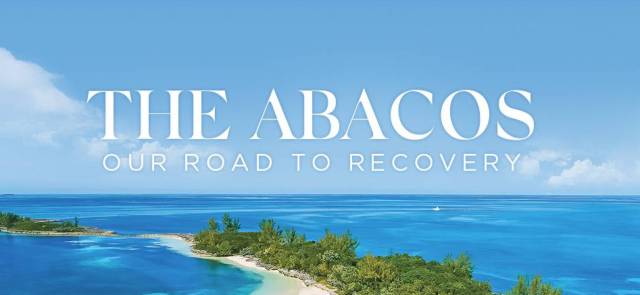By Debbie Ransome
Going beyond the basic storyline to dig deeper into the Haitian reality and how it gets reported, this

The Bahamas is still picking up the pieces, months after a hurricane that was the worst natural disaster in its history. Category five Hurricane Dorian hit the Bahamas in September 2019, devastating the Abaco Islands and Grand Bahama. Being made up of 700 islands, its recovery process has been more complex than in other Caribbean territories, but it has risen to the challenge with a multi-faceted approach.
Caribbean Intelligence has been taking an in-depth look at the Bahamas, where 2020 got under way with a fresh round of funding promises, rebuilding and tourism promotion:
Elbow Reef Lighthouse: In operation since 1864, this Hope Town landmark in the Abacos is the very last kerosene burning, hand-wound lighthouse in the world:
By Debbie Ransome
Going beyond the basic storyline to dig deeper into the Haitian reality and how it gets reported, this
[photo: Patti Smith & Winston Rodney, cred Ted Bafaloukos]
In a year of global challenges and fall-out, we at Caribbean Intelligence© have focused on the aspirational side of Caribbean life.